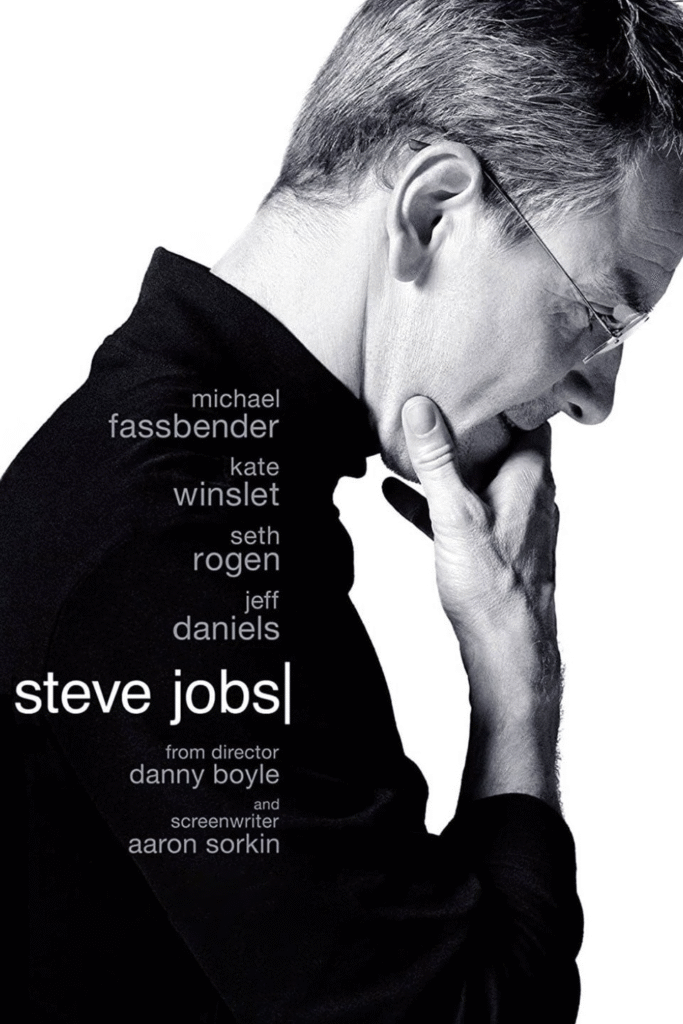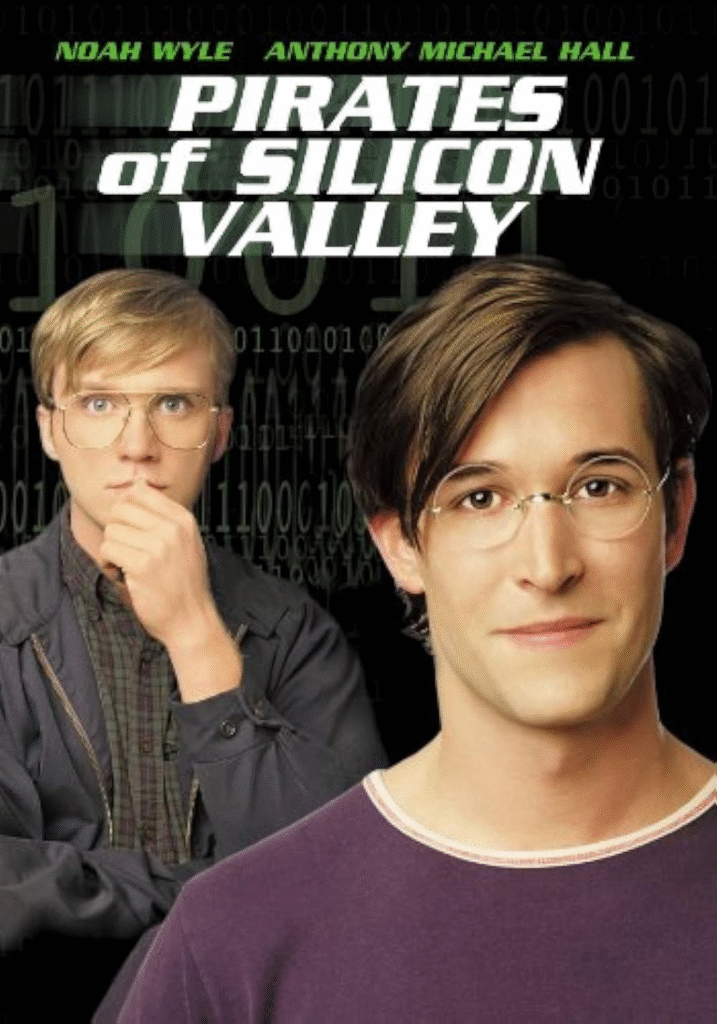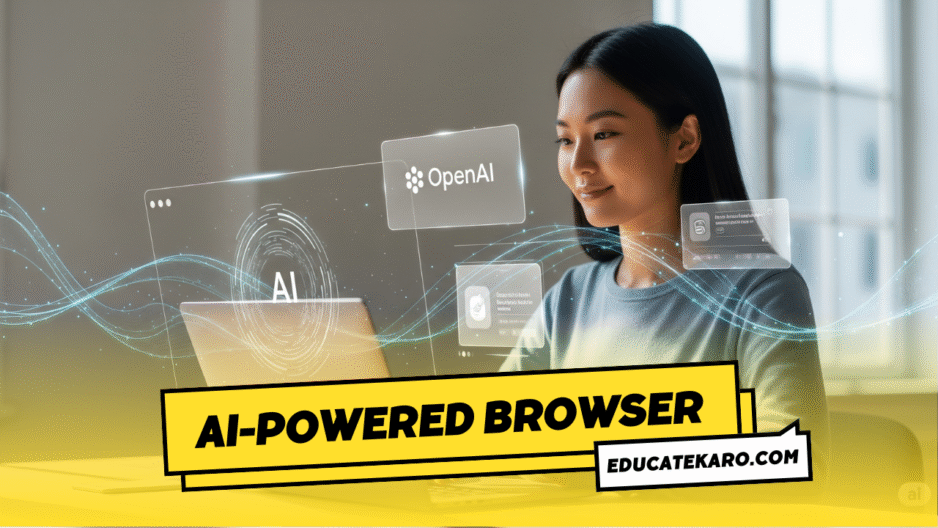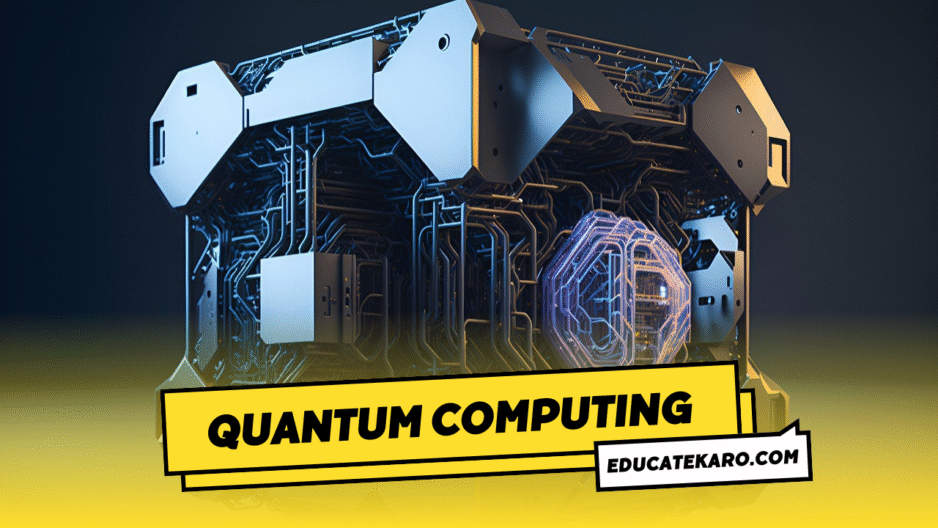If you’re even a little bit into gaming, you’ve probably heard about Xbox Game Pass. Well, this August 2025, it’s making waves again, both with some awesome new games and some pretty eye-popping financial results.
Let’s start with the numbers. Microsoft’s recent figures show that Xbox Game Pass generated close to $5 billion in revenue over the last year, ending June 30, 2025. That’s huge! It now brings in about 22% of all Xbox content and services revenues, which just shows how popular game subscriptions have become. With over 500 million active users across Xbox, PC, and cloud gaming, Game Pass is proving that letting people have a ton of choices for a single price really works.
Why Xbox is Betting on Subscriptions
Even though Xbox console sales are a bit down this year (by about 22-25%), Microsoft isn’t worried. They’re putting their faith in content and subscriptions, and their strategy is clearly paying off. Now, get this—Microsoft is even the top publisher not only on Xbox, but on PlayStation too! That’s a pretty big deal.

New Games to Get Excited About
Now for what everyone really cares about: the games. August is crazy good for Game Pass subscribers! Here’s what’s new:
- Farming Simulator 25 just dropped on August 1, letting you build your own little farming empire.
- Gears of War: Reloaded lands on August 26—if you love action games, don’t miss this one!
- Grounded 2 arrived a few days ago on July 29, so gather your friends for some survival and crafting.
- Plus, cool games like Wuchang: Fallen Feathers, Little Nightmares II, and Legend of Mana are available now or coming soon. This lineup really offers something for everyone, no matter what you like to play.
Choosing the Right Game Pass Tier
Wondering which subscription is for you? Game Pass comes in four flavors:
- Core – A curated library of games with online multiplayer.
- Standard – A bigger game library plus multiplayer access.
- PC Game Pass – Hundreds of games just for PC players.
- Ultimate – All games on all platforms, cloud gaming, day-one releases, and EA Play bundled in. It’s the best bang for your buck if you want it all.
What Makes Game Pass Worth It?
What makes Game Pass so appealing is the constant flow of new, great games on day one, plenty of choice, and options for every kind of gamer. Whether you play solo or with friends, whether you’re on Xbox, PC, or your phone—there’s something here for you.
Why You Should Join Now
If you love exploring new worlds or just want the most value for your money, now is a fantastic time to jump on Game Pass. August 2025 proves it: Game Pass is here to stay, and it’s only getting better!





















